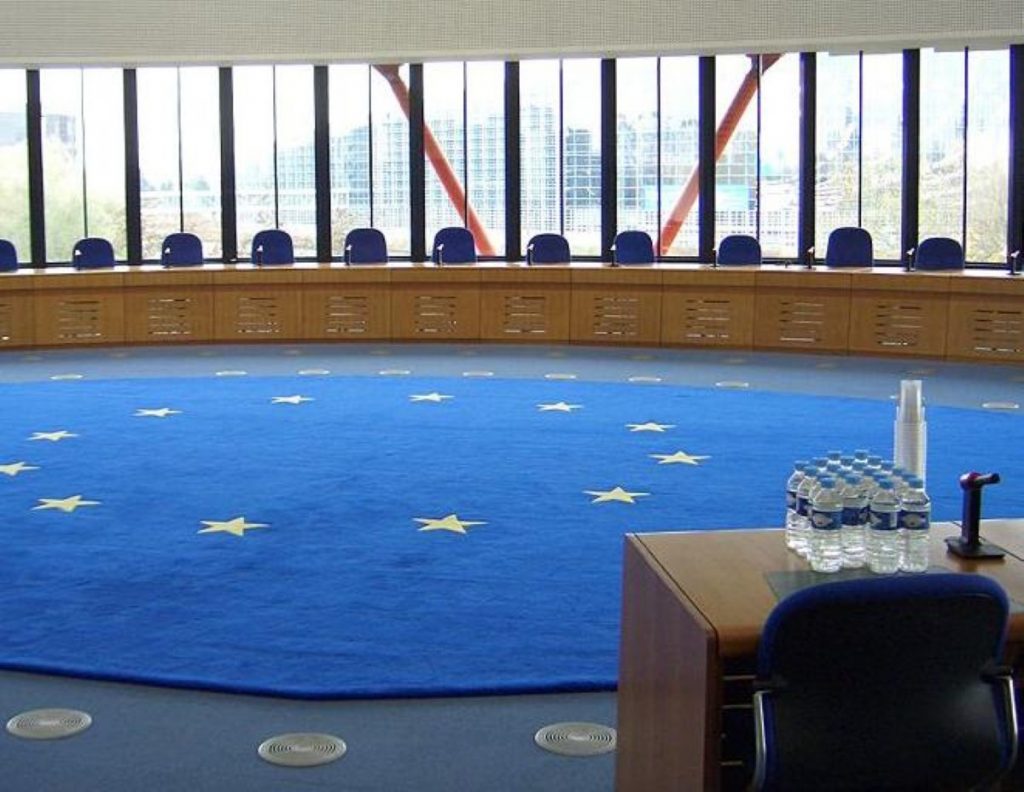UK pushes for European court reform
By Oliver Hotham
Proposals by the British government at today's conference on the European court of human rights in Brighton will make a "big difference" in improving how the court operates, Ken Clarke has said.
The 47 member states of the Council of Europe are discussing the British government's proposals to curb the power of the court.
The justice secretary said the new measures were designed to speed up the activities of the court and denied claims that its independence would be breached.


"We're making sure that we require the court to act more promptly on the sort of cases that this court should be dealing with," he said.
"Stop being so slow in getting rid of some of the triviality, stop hearing some of the very trivial cases where there's no substantial damage… and just to give prompt decisions on those fewer cases which require a decision."
But court president Sir Nicolas Bratza insisted that the decision would not "change the way we do our jobs" and said it came as no surprise that some of the court's decisions might be unpopular.
"It is… in the nature of the protection of fundamental rights and the rule of law that sometimes minority interests have to be secured against the view of the majority," he insisted.
The moves by the British government to curb the influence of the European court come amid criticism of the court's recent blocks of the deportation of radical cleric Abu Qatada by the British government.
The court had insisted it could not allow the deportation of Al-Qaida's "spiritual leader in Europe" to Jordan to stand trial while they suspected evidence used against him might have been obtained by torture.
But many MPs saw it as a case of a European body overriding the decision of the British government, especially as Qatada's continued presence in the UK was seen as a national security threat.
The European court has previously announced that of the 152,000 cases in their backlog in 2011 an estimated 90,000 will turn out to be "inadmissible".









